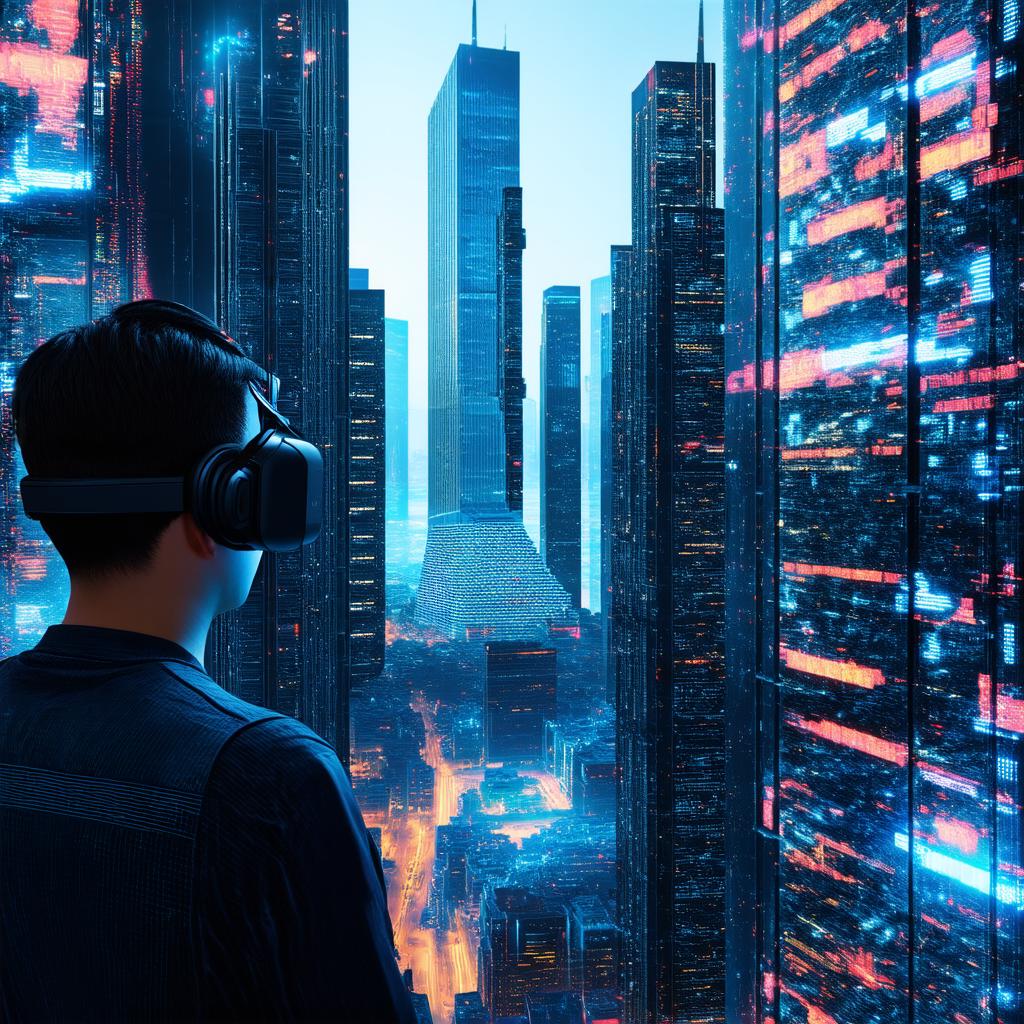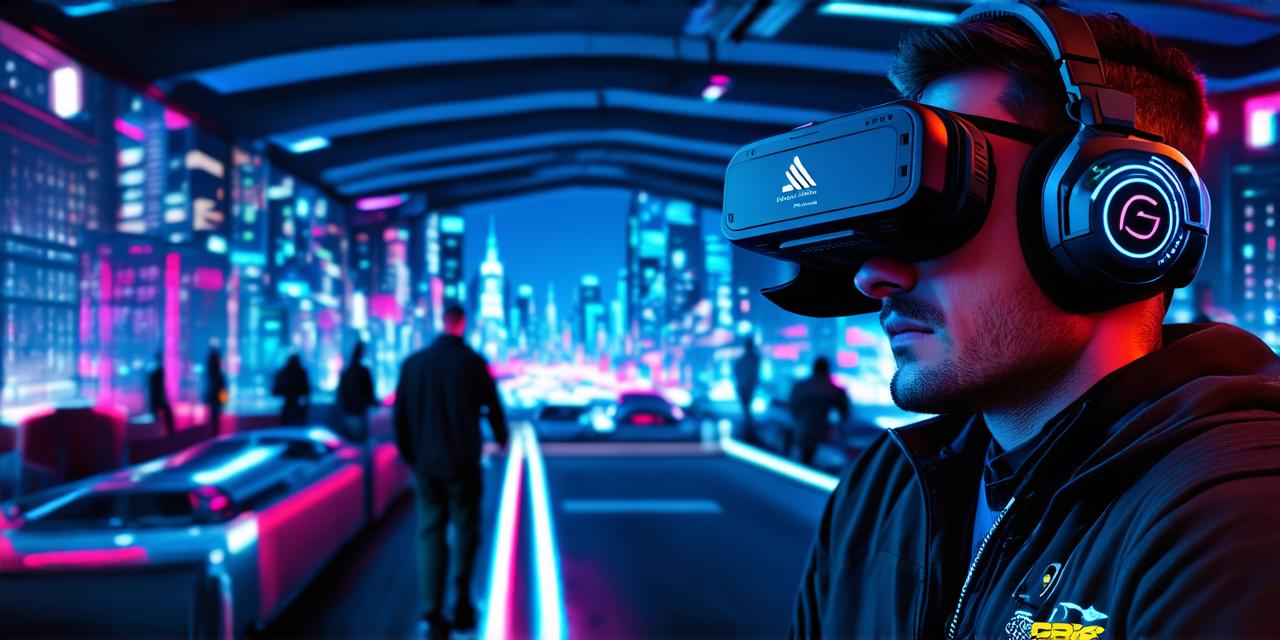
Virtual reality (VR) technology has been rapidly advancing in recent years, and it’s quickly becoming a popular tool for various applications across many different industries.
Who Utilizes Virtual Reality?
Virtual reality technology is used by a wide range of organizations and individuals across various industries. Some of the most common applications of VR include:
-
Gaming: Virtual reality has revolutionized gaming, allowing users to fully immerse themselves in a game’s environment and interact with its characters and objects in a way that was previously impossible.
-
Training and education: VR technology is being used to train employees and students in various fields, from medicine and engineering to aviation and military. This allows for hands-on training in a safe and controlled environment.
-
Real estate and architecture: Virtual reality is being used to showcase properties and design new buildings in a way that’s more immersive and engaging than traditional methods.
-
Entertainment: VR technology is also being used for entertainment, from virtual concerts and movies to interactive installations and experiences.
-
Medical and therapy: VR technology is being used to treat a variety of medical conditions, including anxiety, phobias, and post-traumatic stress disorder (PTSD). It’s also being used for rehabilitation and physical therapy.
-
Tourism and travel: Virtual reality is being used to allow people to explore new destinations and experiences without leaving their homes.
How is Virtual Reality Being Used?
Virtual reality technology is being used in a variety of ways across different industries, including:
-
Gaming: VR games are designed to be more immersive and engaging than traditional games, with players able to fully interact with the game’s environment and characters.
-
Training and education: Virtual reality simulations allow employees and students to train in a safe and controlled environment, allowing them to practice complex tasks without the risk of injury or damage.
-
Real estate and architecture: VR technology allows architects and real estate agents to showcase properties and design new buildings in a way that’s more engaging and immersive than traditional methods.
-
Entertainment: Virtual reality is being used for a variety of entertainment applications, including virtual concerts, movies, and installations.
-
Medical and therapy: VR technology is being used to treat a variety of medical conditions, including anxiety, phobias, and PTSD. It’s also being used for rehabilitation and physical therapy.
-
Tourism and travel: Virtual reality allows people to explore new destinations and experiences without leaving their homes, providing a cost-effective way to travel and see the world.
Summary
Virtual reality technology is becoming increasingly popular across many different industries, from gaming to real estate and beyond. With its ability to create immersive and engaging experiences, virtual reality is being used in a variety of creative ways to improve business processes and enhance user experiences. As the technology continues to advance, we can expect to see even more innovative uses for virtual reality in the future.
